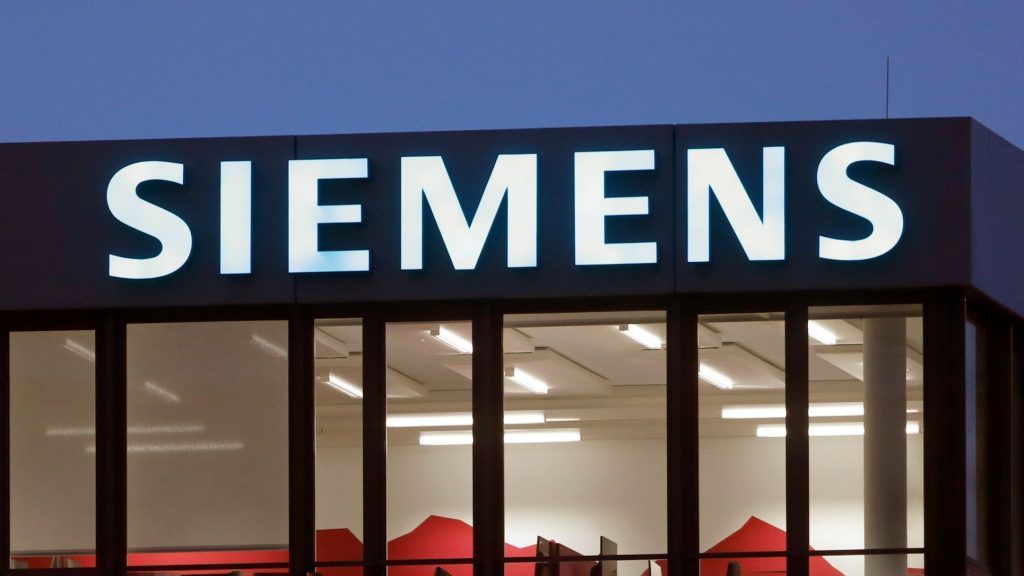
Siemens will combine five of its businesses into an independent motors and drives company with revenue of around 3 billion euros ($3 billion), Chief Executive Roland Busch said on Thursday.
The German engineering company said its large drives applications and Sykatec, a metal component maker and also part of its portfolio companies, will be joined together.
They will be joined with Siemens’s high-precision motor spindles unit, Weiss Spindeltechnologie, along with its low voltage motors and geared motors divisions from Digital Industries, after management saw they all share suppliers, customers and technologies.
“We’ve decided to combine these businesses during fiscal 2023 to form a new company with its own legal setup,” Busch told reporters after Siemens reported its Q4 earnings.
“We’re convinced that this integrated motors and large drives provider – with high value creation – will be significantly stronger and more resilient than each business would be if it operated independently.”
The new company would have 14,000 employees and operate in a market for electrification and power conversion estimated to be worth around 20 billion euros, Siemens said.
It will compete with Switzerland’s ABB and Japan’s Yaskawa. Siemens will remain active in the industrial motors business via its servo motors business, which makes motors for robots and integrated production lines.
Busch did not specify if the plan was to ultimately float, spin off or sell the new company.
“The goal is to make the combined business completely independent of Siemens in order to ensure it can reach its full value and margin potential and optimally prepare for future success,” he said.
(Reporting by John Revill; Editing by Tom Hogue)